Understanding how to communicate with a nonverbal autistic child is a challenge many parents, caregivers,…
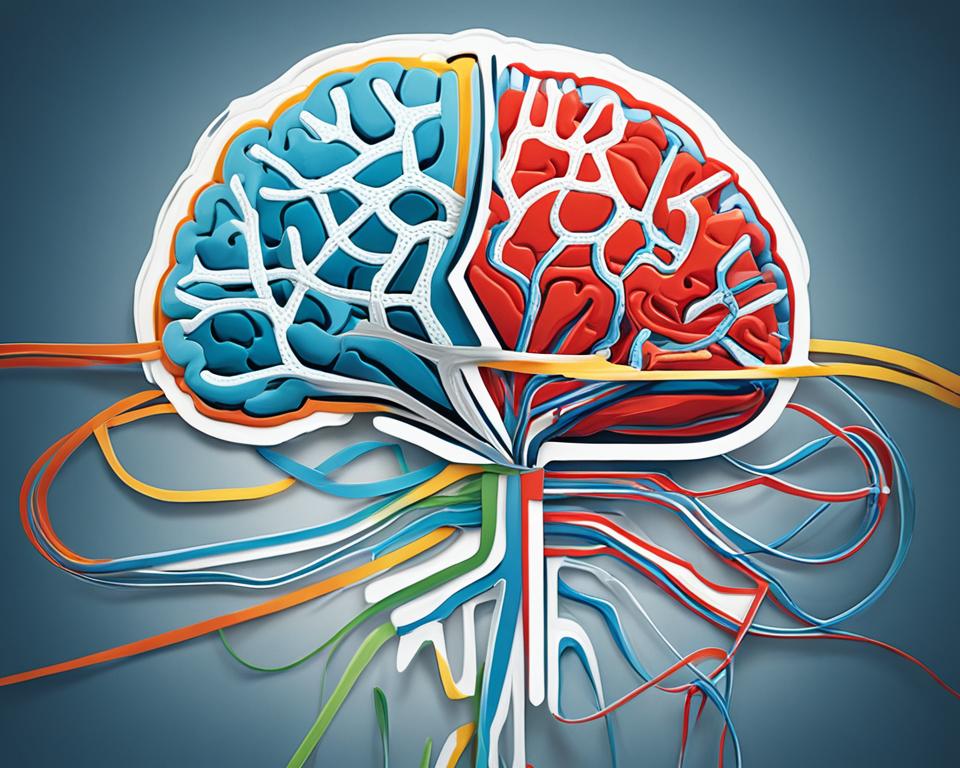
Can a Baby Falling Cause Autism? Understanding Risks
Many parents worry about their baby’s well-being, especially when it comes to potential accidents and their long-term impact. A question that often arises is: can a baby falling cause autism? While the connection between baby falling and autism isn’t definitively established, experts are exploring how incidents leading to head injuries might influence a child’s neural development.
Autism is a developmental disorder with complexities that span social interaction, communication, and behavior. The impact of baby falling on autism risk remains a subject of study, with medical professionals examining how such events may affect baby falling and brain development. As research continues, it’s clear that understanding the potential causes of autism requires a closer look at various factors, including genetics, environmental influences, and pivotal early life experiences.
This examination is not just academic; it holds real-world significance for caregivers and health professionals. While conclusive evidence linking falls in infancy to developmental disorders is not yet available, it’s essential for parents to remain informed and attentive to their baby’s safety and the extensive process of neurological development.
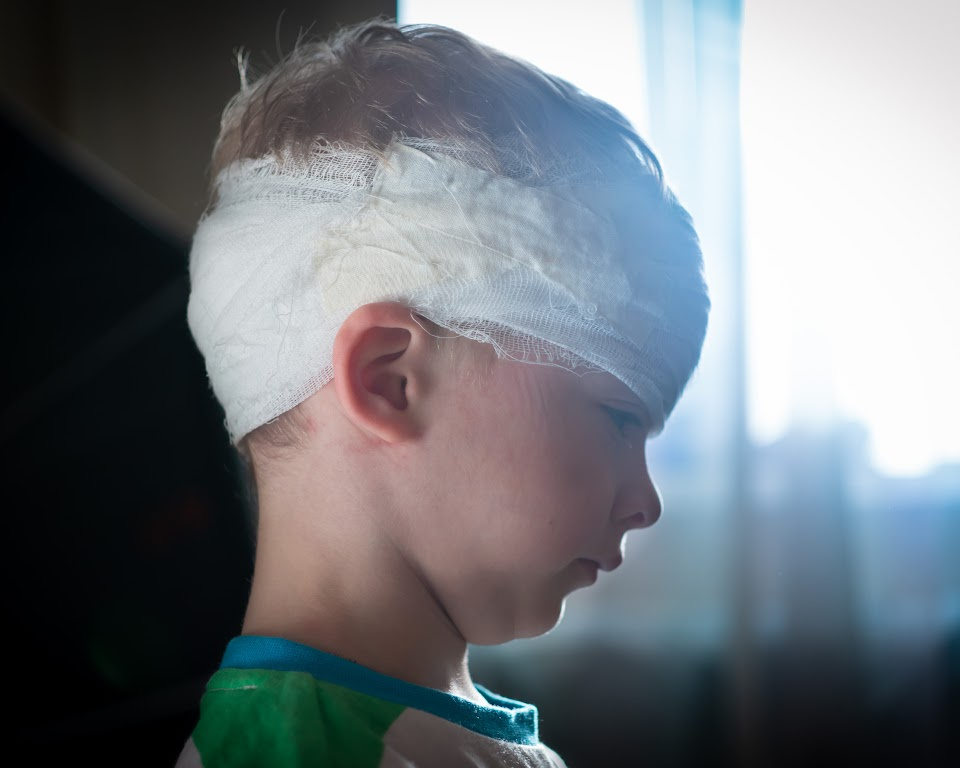
Examining the Complex Relationship Between Brain Injuries and Autism
Autism Spectrum Disorder (ASD) represents a diverse group of conditions characterized by challenges with social skills, repetitive behaviors, and speech and nonverbal communication. Experts often speak of the ‘spectrum’ in ASD, acknowledging the wide range of symptoms and severity. While much focus has been on genetic causes, environmental factors play a significant role, leading to an ongoing investigation into events like baby falls, which could potentially cause or exacerbate ASD symptoms. Yet the direct link between baby falling and autism remains a complex area of study with emerging, but inconclusive, research.
Understanding the Spectrum of Autism Disorders
The connection between baby falling and neurological disorders like autism is a topic of much interest and concern. Those with ASD may exhibit a variety of symptoms, including sensory sensitivities and difficulties with executive functioning. The developmental trajectory of ASD can vary significantly, often influenced by a combination of genetic predisposition and environmental influence. Although current studies have not firmly established a causal relationship, the potential for baby falls to impact neurodevelopment warrants a deeper look into the varied factors contributing to ASD, including the role of traumatic brain injury (TBI).
The Potential Impact of Traumatic Brain Injury on Child Development
Children are known for their resilience, but how does brain resilience and recovery factor into the after-effects of accidents, specifically TBIs? Accidents causing brain injuries can lead to various developmental disorders, with potential cognitive and motor impairments resembling those found in ASD. While not every case of TBI leads to ASD, there is a growing body of research suggesting that severe TBIs, especially early in life, could increase autism risk and influence the development of sensory sensitivities and other autism-related challenges.
Is There Evidence Linking Baby Falls to Neurological Disorders?
Does baby falling increase autism risk? The debate is ongoing, and the evidence is still being gathered. What we do know is that a baby falling can sometimes lead to TBI, and there is a known association between brain injury and developmental disorders. Though a definitive connection between baby falling and ASD is not yet established, advancing research might shed light on how such injuries in infancy might intersect with autism spectrum disorder, amidst the interaction of genetic and environmental factors. A rigorous scientific approach continues to be essential in parsing out the nuances of this complex relationship.
Can a Baby Falling Cause Autism?
When it comes to the impact of baby falling on autism risk, the connection remains a topic of much discussion but little concrete proof. Concerns are often raised regarding baby falling and developmental disorders, implying that an infant’s tumble could be linked to later neurological disorders.
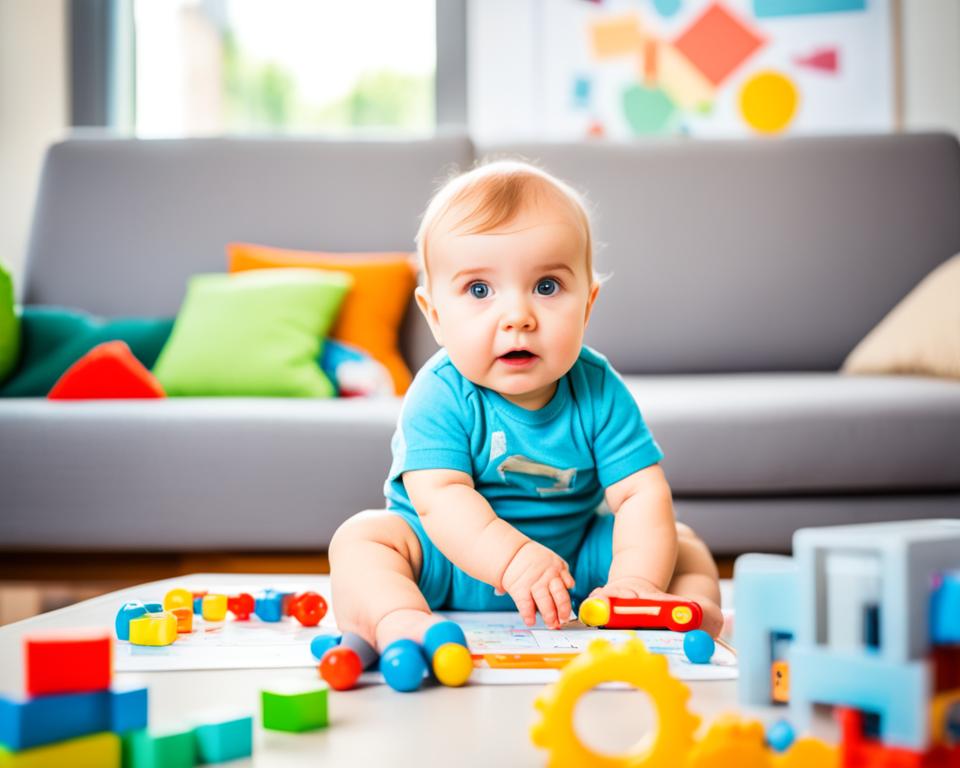
Experts examining the phenomenon have yet to draw definitive lines between such accidents and long-term brain development implications. As of now, current research is not sufficient to confirm the hypothesis that accidents can cause autism in babies. However, this lack of certainty doesn’t diminish the importance of preventing falls and the potential injuries they may cause.
Mindful of the concerns surrounding baby falling and brain development, it is essential for caregivers to create safe environments and implement precautionary measures to safeguard infants from preventable harm. While the medical community continues to explore and study the possible links between traumatic incidents and developmental disorders, parents can focus on minimizing risks through the following standards:
- Maintaining a clutter-free home to avoid tripping or stumbling while carrying a child
- Ensuring crib safety by adjusting mattress levels and railing heights as the child grows
- Using safety gates to block off stairs and dangerous areas
- Supervising children closely, especially in high-risk areas like bathrooms and kitchens
As the debate continues around the subject of a baby’s fall leading to neuronal changes akin to autism, the commitment to protecting children’s well-being remains a priority. While the research community seeks to unpack the complexities of neurological disorders, providing a secure and nurturing environment remains a proactive step that families and caregivers can undertake.
Conclusion
In summing up the extensive examination around the topic, it’s clear that while the conversation around the possibility that a baby falling might influence the onset of autism is complex, there is no definitive proof solidifying this as a causative factor. Developmental disorders, including autism spectrum disorder (ASD), are the subject of ongoing research, continually challenging and refining our understanding. Though some studies suggest a potential link between head injuries and an elevated chance of autism, the relationship is nuanced, and the evidence remains largely correlational rather than causal. Amidst these discussions, it remains essential to prioritize safety measures for infants to prevent head injuries, recognizing that safeguarding the neurological development of children is of utmost importance.
Identifying Key Findings and Remaining Questions
When reviewing the findings, we recognize the need for balanced views on issues as critical as can a baby falling cause autism. Although current studies fail to conclusively prove that baby falls lead directly to autism, they do indicate that severe brain injury might heighten the risk for the disorder. The ever-evolving landscape of autism research continues to investigate these relationships deeply, emphasizing the multifaceted and individualized nature of ASD. Key questions remain about the intrinsic link between baby falling and autism or other developmental disorders, urging further scientific inquiry.
Implications for Parents and Caregivers
For those caring for young ones, the implications of these findings on baby falling and developmental disorders underscore the importance of maintaining a vigilant approach to child safety. Preventive steps to protect against potential injuries become not only about immediate welfare but also about long-term developmental health. Ensuring robust support for autism and cultivating a profound comprehension of ASD are critical in nurturing each child’s maximum potential. Educating parents and caregivers on safety protocols and risk factors becomes an indispensable part of proactive healthcare.
Future Directions for Autism Research
Looking ahead, the trajectory of future autism research seems geared towards an interdisciplinary approach that encompasses genetic, neurological, and environmental considerations. Innovations in the field promise to pave the way for novel treatments for ASD and a more thorough understanding of autism. The quest for answers surrounding brain injury and autism spectrum disorders invites an era of pioneering studies, potentially transforming the landscape of support systems for individuals with autism, their families, and healthcare providers alike.
FAQs
Can a baby falling cause autism?
Current scientific research does not provide definitive evidence that a baby falling can directly cause autism. Autism is thought to be caused by a combination of genetic and environmental factors, and while falls may lead to head injuries, they are not proven to be a direct cause of autism.
Are there known developmental disorders linked to babies falling?
While severe head injuries in children can lead to various developmental disorders, including cognitive impairments, motor skills difficulties, and changes in behavior, there is no conclusive evidence that falls are directly linked to specific developmental disorders like autism.
Does baby falling increase autism risk?
Some research suggests that there may be an increased prevalence of autism-like symptoms in children who have experienced severe traumatic brain injuries. However, these findings do not confirm a direct causative link, and further research is needed to understand the impact of baby falling on autism risk.
How does traumatic brain injury (TBI) affect child development?
Traumatic brain injury can potentially impact child development in various ways, including causing cognitive difficulties, motor impairments, issues with attention and memory, and changes in emotional and behavioral functioning. The degree to which TBI affects development can vary widely depending on the severity of the injury.
Is there evidence linking baby falls to neurological disorders?
Research shows a possible association between more significant head injuries and a higher risk of developmental and neurological disorders. However, the evidence does not conclusively prove that falls alone are responsible for causing these disorders.
Can accidents cause autism in babies?
There is no conclusive evidence that accidents, including falls, directly cause autism in babies. The development of autism spectrum disorder (ASD) is complex, involving genetic predisposition and environmental influences, and cannot be attributed to any single factor or incident.
How can head injuries lead to sensory sensitivities in autism?
While sensory sensitivities are a common trait in individuals with autism, there is no robust evidence directly connecting head injuries to the development of sensory issues. The relationship between brain injuries and sensory sensitivities in autism requires further investigation.
What role do genetic predisposition and environmental influence play in the link between baby falling and autism?
Both genetic predisposition and environmental factors are believed to play crucial roles in the development of autism. While an injury from a fall could potentially be one of the environmental factors, the direct link to autism remains unsubstantiated, and genetics seem to have a more significant role.
How does brain resilience and recovery affect the outcomes of babies who have fallen?
Brain resilience and the ability to recover from injury can vary greatly among individuals. Young children have a remarkable capacity for healing and adaptation, but the long-term outcomes of babies who have fallen depend on multiple factors, including the nature and severity of the injury, the timing of intervention, and the support they receive.
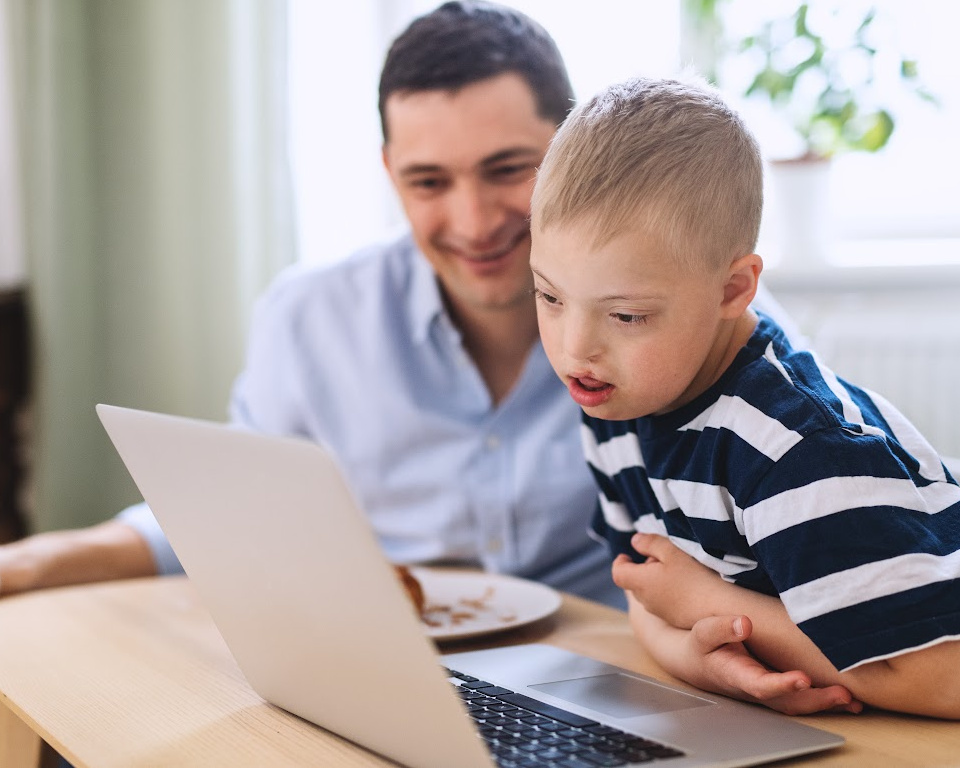
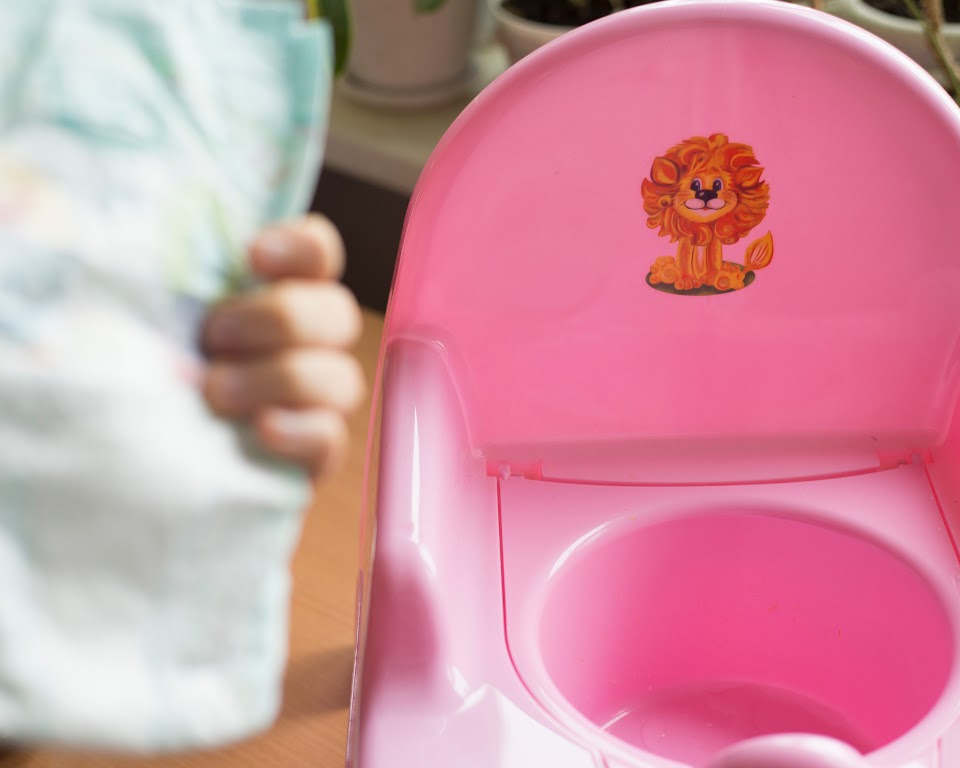
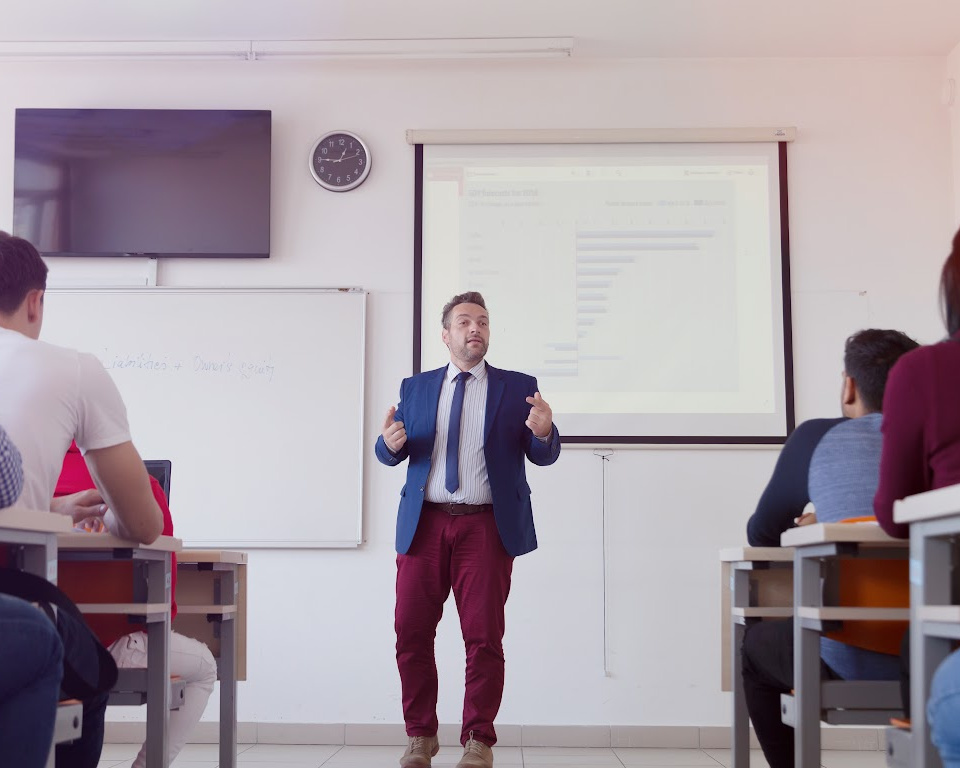
This Post Has 0 Comments